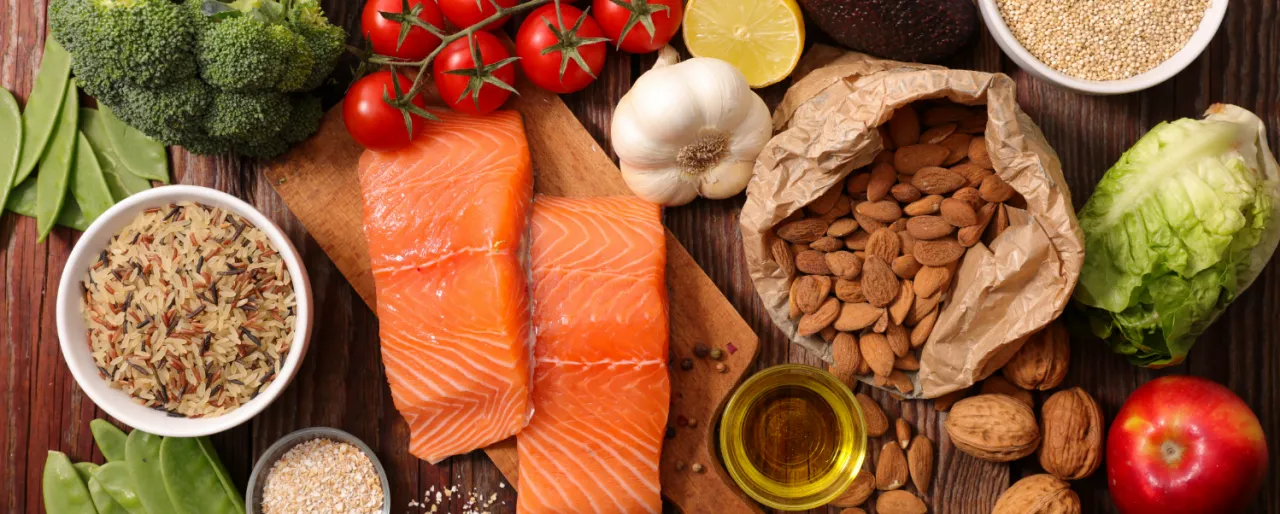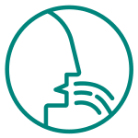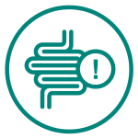When you have cancer, every activity can feel like a chore. However, eating healthy meals and being active can help you find the physical and mental strength you need. The good news is that small, simple changes can go a long way.
Get Moving78


There are many simple activities you can do at home that can help improve your fitness, overall health as well as mental wellbeing. For example:
- Walking, jogging, cycling, Pilates, rope skipping, and even tai chi can be fun and new ways to include more movement in your daily lifestyle.
- Aim for at least 150-300 minutes of moderate-intensity aerobic physical activity per week.
- Limit the amount of time spent being sedentary, particularly recreational screen time, by engaging in activity of any intensity.
If you’re unsure, ask your doctor which activities are best for you. Start slow if you are not used to exercising.
Nutrition and Recipes79


Cancer can sometimes make it hard for you to enjoy food you used to love. However, nutrition is an important part of maintaining your weight and can help cope with treatment side effects. There are many steps to take to give your body the nutrients and strength it needs.
Eating healthy is about more than calories. A balanced diet helps you:
- Stay at a healthy weight.
- Maintain muscle strength.
- Get the nutrition you need.
Sometimes finding the right diet during cancer treatment is through a trial-and-error process. If you have a lot of trouble maintaining a proper diet or noticed any major changes in your weight, strength, or appetite, do discuss it with your doctor or dietician.
Food Safety
People having cancer treatment should be aware of food safety. Some treatments may weaken the immune system, and this can raise the risk of infection. A food-borne infection happens when harmful bacteria, viruses, or fungi contaminate food that can make you sick. Here are some basic food safety tips to reduce the risk of infection:
- Wash your hands before, during, and after preparing food.
- Rinse vegetables and fruit thoroughly before eating them.
- Handle and store food safely.
- Eat fully cooked food.
- Do not eat or drink unpasteurized foods and beverages.
- Make sure the food that you purchase is not past its sell-by or expiration date and follow directions on proper storage.
Avoid Consuming Alcohol
Risk of cancers increases with the amount of alcohol consumed. Talk with your healthcare team about your alcohol use.
Coping with Other Health Challenges80


Cancer can bring many unexpected and challenging health problems, such as changes in taste, mouth sores, feeling sick to your stomach, and more. Here are some tips for dealing with these new challenges.
-
 Dry Mouth and Mouth Sores
Dry Mouth and Mouth SoresTips:
- Drink plenty of liquids.
- Avoid salty, spicy, acidic, and rough foods.
- Try soft foods or foods that have been pureed.
- Use ice chips or hard candies to moisten your mouth.
- If you have dry mouth without mouth sores, try a tart liquid or food, such as lemon, lime, and pickles to make saliva start.
- Avoid alcoholic beverages and tobacco.
Contact your doctor or nurse if you have:
- New redness, sores, or white patches in your mouth.
- Bleeding of your gums or mouth.
- Trouble swallowing or pain when you swallow.
- Mouth pain that does not get better after taking pain medicine.
-
 Changes in Taste81
Changes in Taste81If foods have a metallic taste, these tips may help:
- Use plastic utensils instead of metal ones.
- Serve food at room temperature.
- Use sugar-free lemon drops or mints.
- If you do not have any mouth soreness, add commonly available spices and flavorings such as salt and pepper to give foods extra flavor.
Salty, bitter, or sour taste:
- Try adding sugar, maple syrup, agave syrup, or honey.
Sweet taste:
- Add a few drops of lemon or lime juice—or enough drops to dull the sweet taste.
- Use a non-alcohol-based mouthwash to rinse your mouth and tongue 2 times a day.
- Floss gently at least once per day, but if you haven’t flossed regularly before treatment, don’t start flossing now.
- Dry your toothbrush before putting it away to prevent bacteria from growing on it.
-
 Trouble Swallowing82
Trouble Swallowing82Tips:
- Eat soft and easy-to-chew food.
- Use sauces, liquid, or gravy to moisten food.
- Consume foods at room temperature.
- Frequent small meals (5-6 times a day) instead of 3 large meals.
-
 Nausea and Vomiting83
Nausea and Vomiting83Tips:
- If the nausea only happens between meals, keep something in your stomach.
- Eat frequent, small snacks throughout the day.
- Sip liquids slowly throughout the day.
- Try popsicles, gelatin, and hard candy with pleasant smells.
- Eat food cold or at room temperature to decrease its smell and taste.
- Avoid fatty, fried, spicy, very sweet or low-fat foods.
- Tell your doctor about the nausea and take anti-nausea medicine to prevent vomiting.
-
 Diarrhea84
Diarrhea84Tips:
- Try a clear liquid diet when diarrhea starts or when you feel that it’s going to start.
- Avoid acidic drinks.
- Take medicine for diarrhea only if prescribed.
- Track the amount and frequency of bowel movements.
- Drink and eat food containing high contents of potassium and sodium.
- Avoid milk products, very sweet, high-fat and fiber foods, alcohol and tobacco.
-
 Constipation85
Constipation85Tips:
- Drink more fluids and eat food containing high contents of fiber.
- Get as much light exercise as possible.
- Avoid foods and drinks that cause bloatedness and constipation.
-
 Appetite Loss86
Appetite Loss86Tips:
- Eat several small meals or snacks throughout the day.
- Avoid drinking liquids with meals.
- Be as physically active as you can.
- Keep high-calorie, high-protein snacks on hand.
- Eat your favorite foods any time of the day.
-
 Fatigue87
Fatigue87Tips:
- Plan meals ahead of time.
- Stay well hydrated, active and have a adequate rest.
- Try nutritional beverages or liquid meal replacements if recommended by your doctor.
- Tracking your fatigue level can help your doctor to identify things that may be contributing to your fatigue.
Contact your healthcare team if:
- You feel too tired to get out of bed after a prolonged period of time.
- You feel confused, dizzy, lose your balance, or fall.
- You have problems waking up.
- You have problems catching your breath.
- Your fatigue seems to be getting worse.
These may be signs of other problems that need to be treated.
Click here to learn more about Tips and Guidance relating to other aspects of cancer care.




